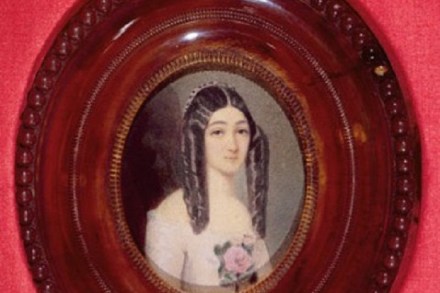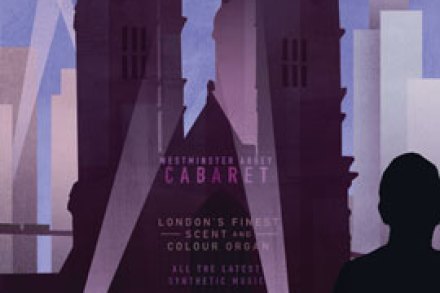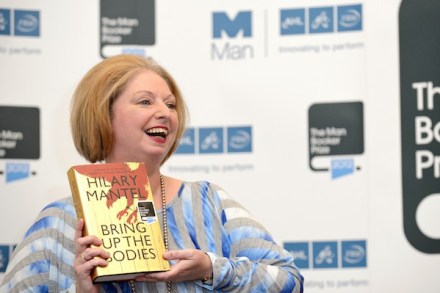Lion Heart by Justin Cartwright – review
Justin Cartwright is famously a fan of John Updike — and here he seems to owe a definite debt to one of his hero’s lesser known novels. In Memories of the Ford Administration, Updike interwove the sexual adventures of a 1970s history professor with substantial chunks from the professor’s notes on President James Buchanan, a man whose life Updike had earlier researched for his only play. In Lion Heart, Richard Cathar, an Oxford postgraduate and somewhat solemn philanderer, provides similarly lengthy extracts from his investigations into Richard I and the fate of the True Cross — which were also the subjects of a 2001 TV documentary by Justin Cartwright. As














